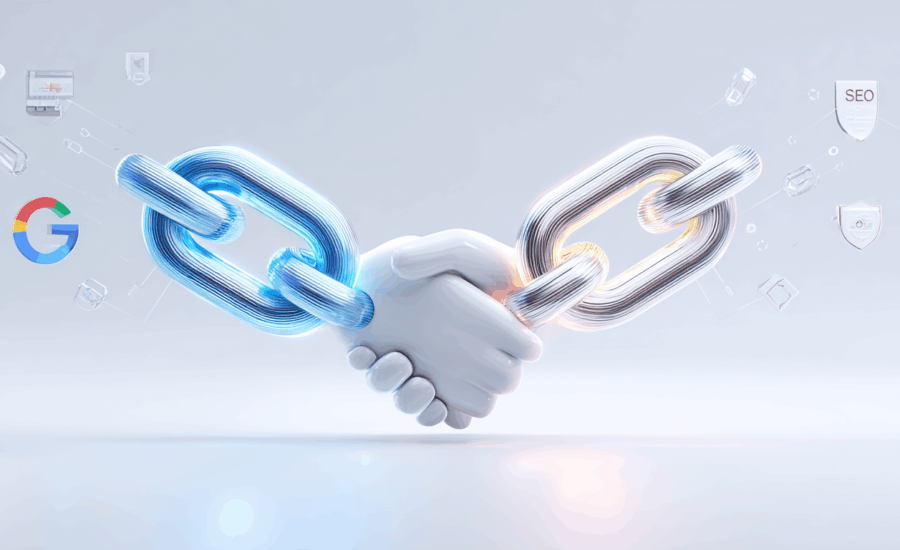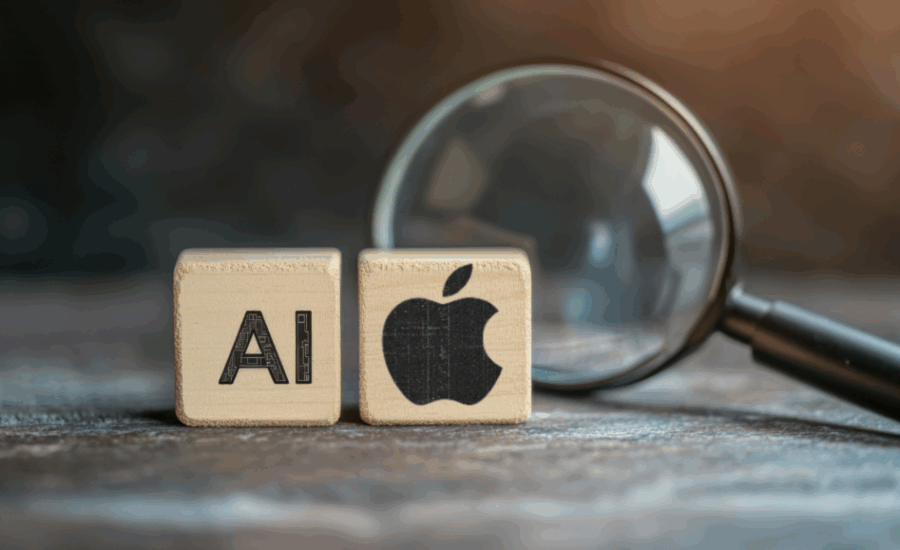As AI continues to reshape how users discover information, some SEO fundamentals remain just as powerful as ever. One of them? Backlinks. Even as Google’s AI Overviews and tools like ChatGPT summarize content without always linking directly
- Home
- Ai
Artificial intelligence has rapidly evolved from novelty to necessity. Whether you’re writing, researching, coding, or creating, there’s likely an AI tool that does it faster, cleaner, and smarter than before. But with dozens of big names competing
Search is no longer just about blue links. It’s about answers. With Apple’s announcement of World Knowledge Answers (WKA) launching next spring, the battle for search dominance is intensifying. Unlike traditional engines that direct users to pages, Apple’s new








